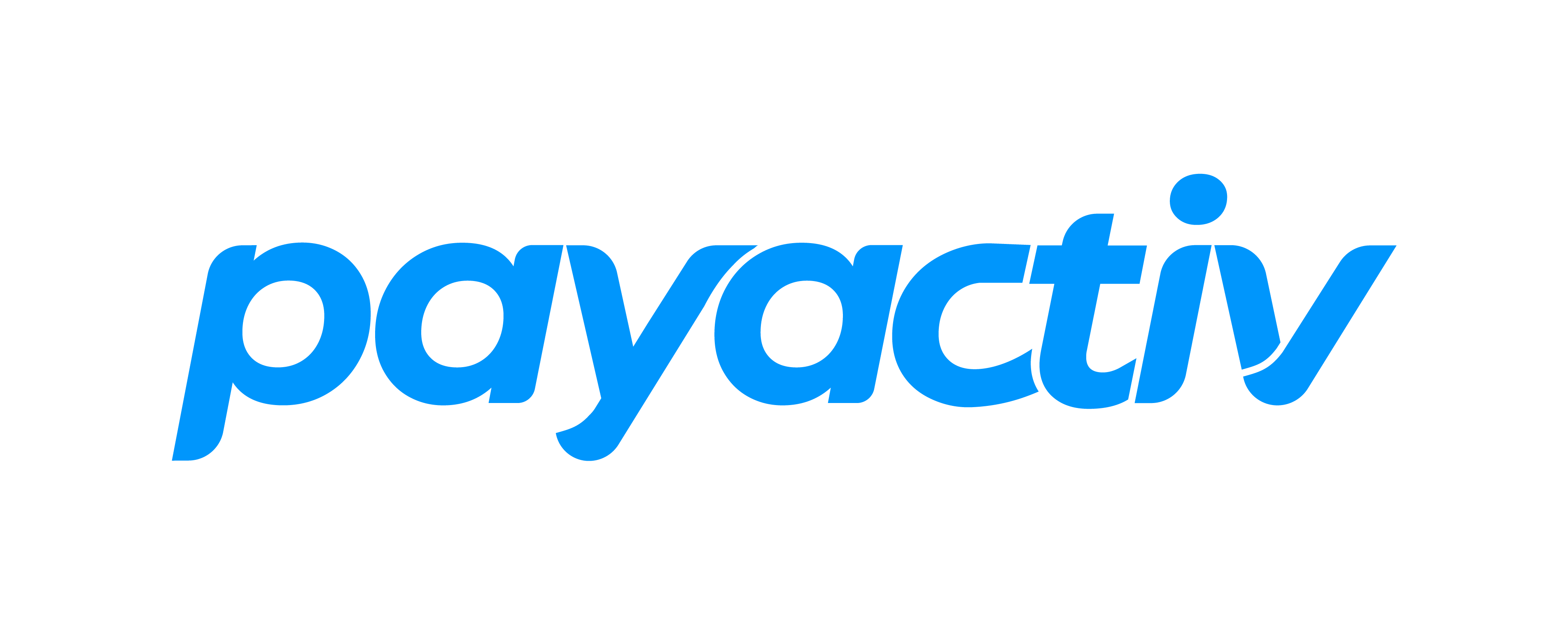According to Transunion, the average credit card balance for Canadians was $3,909 during the first quarter of 2023. This figure was up from the $2,447 average credit card balance in the third quarter of 2022. If you grapple with credit card debt, you’re not alone—many other Canadians are struggling too.
Your credit card can put you into debt if you fall behind on payments or rack up a balance you can’t afford to pay. Many hidden costs to credit might be holding you back financially.
What Are the Hidden Costs of Credit?
If you pay off your entire credit card balance when the due date comes, you don’t have to worry about paying any interest fees. However, if you only make the minimum payment or delay your payment, you’ll get hit with interest fees, and your debt will accumulate.
Here are some of the hidden costs of credit you need to be aware of.
You hurt your credit score with late payments.
A late payment can stay on your credit report for six years from the date it gets reported. A whopping 35% of your credit score is based on your payment history, so making timely payments is essential.
When your credit score drops, you’ll likely pay more interest when taking out a loan because creditors will deem you less trustworthy. You also risk paying a higher interest rate on your credit card if you’re consistently late on payments.
You make the minimum payment on your credit card, thinking you’re in the clear.
While making the minimum payment on your balance is a step in the right direction, you could still put yourself deep into debt. As you make the minimum payment, the interest rate on your credit card continues to accumulate. To avoid paying interest on your credit card, pay your balance in full each month.
You unintentionally overspend
A common hidden cost of credit is the ease of spending money. It’s tempting to save your credit card information with online retailers and other services, but this makes it even easier to spend more than you can afford.
How Do Interest Rates Impact You?
The Bank of Canada has raised rates over the last several months, and there’s a good chance this will impact your daily finances. When rates go up, the cost of borrowing money goes up too. As a result, banks and credit cards raise the interest rates they charge customers. So if you’re paying off a credit card balance with an interest rate of 21%, for example, you might see this rate increase even more.
What Can You Do About Rising Rates?
There’s some good news for Canadians amid rising interest rates—you can stash some money into a savings account with a high rate of return. Instead of having your funds sitting in a chequing account that isn’t earning any interest, take advantage of a high-interest savings account.
When interest rate hikes are frequent, consider paying down your debt so you don’t spend more on interest than you have to. Also, know your options if you end up low on money. Try tapping into the pay you’ve already earned by using earned wage access*. That way, you won’t have to rely on credit cards with high-interest rates to cover your expenses before payday.
